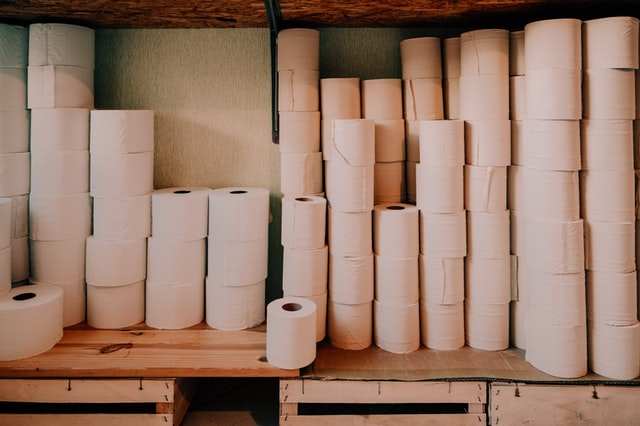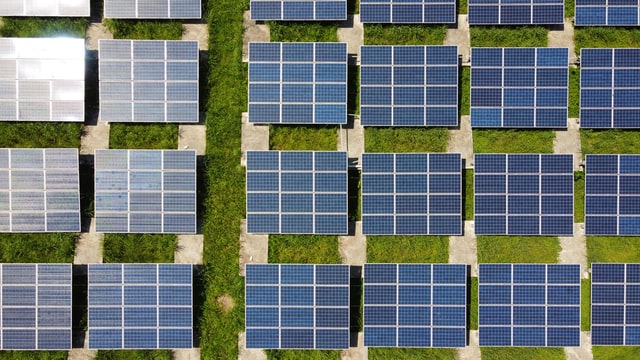
Before 2020, few of us gave much serious thought to toilet paper. It came from the supermarket, went down the toilet, and that was that. With last year’s lockdowns, however, it somehow became the most highly sought-after and frequently sold-out household staple. Although the dreaded TP drought never came, the panic continued for months. People turned up early at their local Woolworths and waited in long lines at supermarkets to buy toilet paper in bulk.
One of the upshots of this was that people finally started to realise just how much toilet paper they actually use. It is estimated that the average Australian goes through around 88 rolls of toilet paper per year, or just under two rolls per week. If you’re at all conscious of your impact on the environment, that might have given you pause for thought.
Toilet Paper’s Role in Deforestation
Most toilet paper, like most regular paper, is made from trees, and healthy tree life is one of the central, indispensable conditions to the continued survival of life on earth. Trees perform a vital task in storing carbon dioxide and producing oxygen. When they are cut down, carbon dioxide is released into the atmosphere, contributing to global warming.
This isn’t the only way that trees support life. Forests provide a home for a diverse array of wildlife: creatures like birds, monkeys, deer, and innumerable species of insects that have adapted over millions of years to be perfectly suited to their environment. Even a seemingly small change, like the disappearance of a particular species of butterfly, can wreak havoc.
The logging industry is one of the most environmentally destructive forces humans have unleashed on our planet. Despite our general acknowledgment of this fact and recent movement by some governments towards more sustainable practices, harmful deforestation on a mammoth scale continues to this day. A mind-boggling 200,000 square acres of the Amazon Rainforest is cleared every. While not all of this felled land is related to paper manufacture – the agricultural and cattle industries are two of the biggest drivers here – this gives some idea of the rate at which our green environments are being depleted by human activity.
What Are the Alternatives?
One of the things that is so frustrating about the environmental damage caused by toilet paper is that there are so many perfectly viable alternatives out there. In many Asian countries, for example, toilet paper is virtually unheard of, and people typically use a hand-held water jet to rinse off before drying with a towel.
There is actually a good argument for this method being much more hygienic than the standard, Western toilet roll. However, convincing people to adopt any new behaviour, no matter how small, is one of the main challenges faced by environmentalists and policy makers every day. When it comes to something as personal as going to the bathroom, people are even more likely to bridle at any suggested modification to their private ritual.
Fortunately, there are other options. Recycled toilet paper offers the same product but has far less negative impact on the environment. It may not seem like much, but making the switch to a more eco-friendly toilet paper can go a long way to reducing your overall carbon footprint.



